Hot Water System
Heat Pumps for Hot Water Systems
Heat pump hot water systems utilize a refrigeration cycle to extract heat from the surrounding air, subsequently heating water within an insulated storage cylinder via a heat exchanger. Compared to conventional electric hot water systems, these pumps typically consume 60 to 75% less electricity.

Here's how they work:
Heat Extraction
- The heat pump draws external air into the evaporator using a fan.
- Within the evaporator’s piping, the refrigerant transforms into gas due to the warm outside air.
Heat Transfer
A heat exchanger then transfers the heat from the gas pipes to the water storage tanks, resulting in hot water production
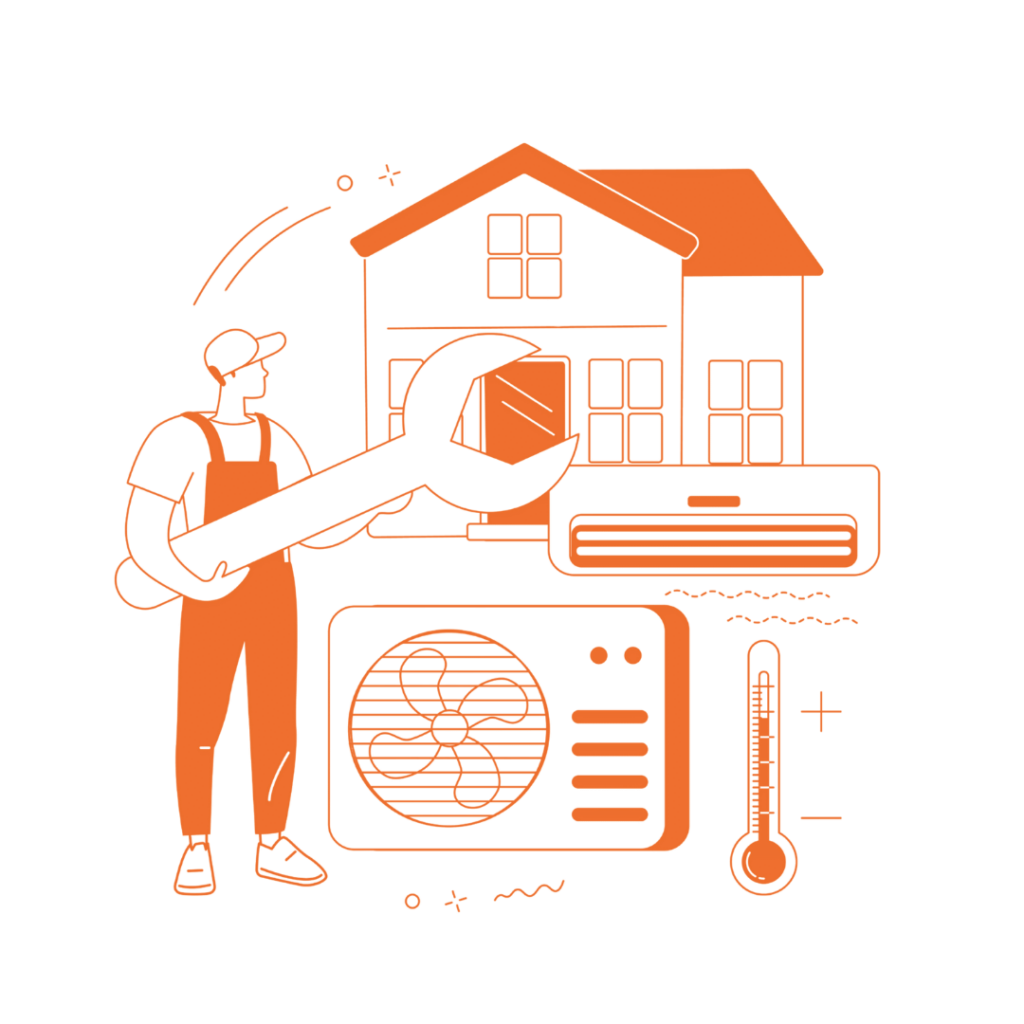
Compression
The compressor pumps this gas through a valve, generating heat in the process
Refrigerant Recirculation:
After passing through the water storage tanks, the gas returns to a liquid state, further cooling in an expansion valve before restarting the cycle in the evaporator.
Types of Heat Pumps
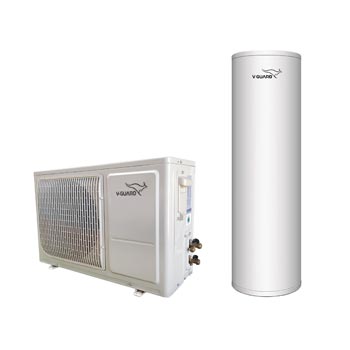
Domestic Heat Pump
Our Domestic Heat Pump Water Heaters ensure round-the-clock hot water for you and your family. With a 5-year warranty for the tank and compressor, and a 3-year warranty for the heat pump, reliability is guaranteed
Key Features
- Silent operation ensures minimal disturbance.
- Automatic defrosting reduces maintenance intervals.
- 5-year warranty for the tank and compressor, and a 3-year warranty for the heat pump.

Commercial Heat Pump
For commercial environments like hospitals, hostels, and hotels, consistent access to hot water is essential. Our Commercial Heat Pump Water Heaters offer both energy efficiency and innovation. The Heat Pump Water Heater (HPWH) from our range ensures readily available hot water whenever you need it.
Key Features
- MODBUS Communication for seamless integration.
- High Efficiency Heat Exchanger for optimal performance.
- Environmentally Friendly Refrigerant for minimal environmental impact.
Advantages of
Heat Pump Hot Water Systems
Energy Efficiency:
They transfer heat from the air or ground into the water, offering significant energy savings compared to traditional heaters.
Environmental Friendliness:
Producing fewer greenhouse gas emissions, they contribute to a smaller carbon footprint.
Consistent Hot Water Supply :
Independent of fuel availability or tank size, they ensure a steady hot water supply.
Low Maintenance:
Minimal upkeep required, making them convenient for homeowners.
Quiet Operation:
Operate silently, enhancing household comfort.
Government Incentives:
Many regions offer incentives or rebates for installing energy-efficient systems.
F.A.Q.
Have any Question?
How does a heat pump hot water system work?
Heat pump hot water systems extract heat from the surrounding air and transfer it to water in an insulated storage cylinder, providing efficient heating without directly using electricity to heat the water.
What are the benefits of using a heat pump hot water system?
Benefits include lower energy bills, reduced carbon emissions, longer lifespan compared to traditional water heaters, and minimal maintenance requirements.
Are heat pump hot water systems energy-efficient?
Yes, heat pump hot water systems are highly energy-efficient, typically using 60 to 75% less electricity than conventional electric hot water systems.
Are heat pump hot water systems suitable for all climates?
Yes, heat pump hot water systems can operate efficiently in various climates, making them a versatile solution for residential and commercial applications.
Successfull installation
Projects Gallery
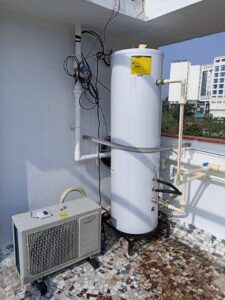
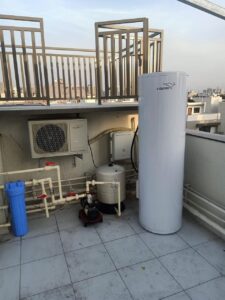
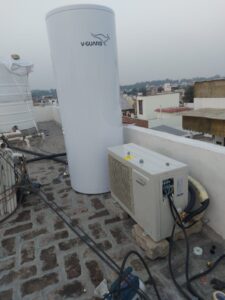

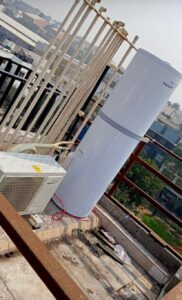
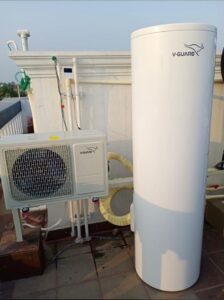
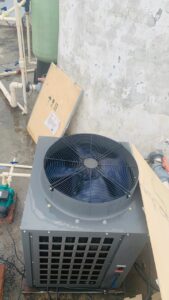
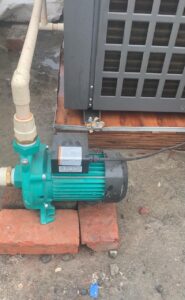
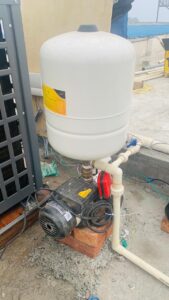
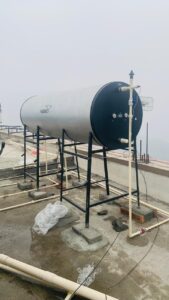


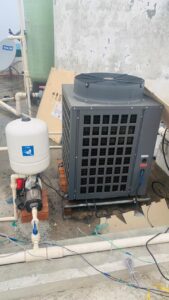

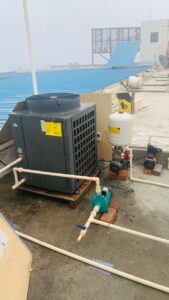
Ready to Go Green?
Embrace sustainability with Urban & Organic Solutions. From solar panels to heat pumps, we offer eco-friendly solutions for your home or business. Enquire now to learn more.
FAQ
Solar energy offers numerous benefits, including cost savings, reduced carbon emissions, and energy independence. It’s a sustainable and renewable energy source that can significantly lower your environmental impact.
Solar panels capture sunlight and convert it into electricity using photovoltaic cells. This electricity can then be used to power homes, businesses, and other applications.
Factors such as roof orientation, shading, local climate conditions, available space for installation, and energy consumption patterns should be considered before installing solar panels.
Solar panels are designed to be durable and can last for 25 years or more with proper maintenance
The requirements for permits and approvals vary depending on your location and local regulations. It’s important to check with your local authorities before installing solar panels to ensure compliance.
There are various financing options available for solar installations, including purchase, lease, and power purchase agreements (PPAs). Additionally, many financial institutions offer solar loans or financing programs to help make solar energy more accessible and affordable.
Heat pump hot water systems use a refrigeration cycle to extract heat from the surrounding air, making them significantly more energy-efficient compared to conventional electric heaters that directly heat water using elements.
Yes, heat pump hot water systems can be used in various climates. Both air-source and ground-source (geothermal) models are available, allowing for efficient operation in both cold and hot climates.
